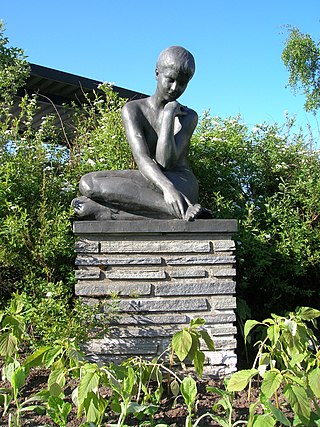Chandrasekhar, Chandrashekhar or Chandra Shekhar is an Indian name and may refer to a number of individuals. The name comes from the name of an incarnation of the Hindu god Shiva. In this form he married the goddess Parvati. Etymologically, the name comes from the Sanskrit words "चन्द्र (candra)", meaning "moon", and "शेखर (śekhara)", meaning "crest" or "crown", which is an epithet of the Shiva.
Events in the year 1964 in the Republic of India.
Sharma is a Hindu Brahmin surname. The Sanskrit stem ṣárman- can mean 'joyfulness', 'comfort', 'happiness'. Sarma and Sarmah are alternative English spellings of the name, commonly used by Assamese Brahmins. The names Sharman, Sharma and Sharmavu are used in South India, albeit uncommonly.
Pandey, Pande, or Panday is a surname found commonly among the communities of Saryupareen and Kanykubj Brahmin Brahmins in India and both Kanyakubj Bahun and Chhetri communities of Nepal.
Khan is a surname of Turko-Mongol origin, today most commonly found in parts of India, Pakistan, Afghanistan, Bangladesh, and Iran. It is derived from the historic title khan, referring to a military chief or royalty. It originated as a hereditary title among nomadic tribes in the Central and Eastern Eurasian Steppe during antiquity and was popularized by Turkic dynasties in the rest of Asia as well as in Eastern Europe during the medieval period.
Malhotra is a surname of the Dhai Ghar sub-group of Khatris from Punjab. Mehrotra is the modified version of Malhotra.
Kapoor or Kapur is a Punjabi surname of Khatri clan found in the Punjabi Hindu and Sikh communities.
Chaudhary is a common surname in the indian subcontinent, originally derived from an Indian hereditary title. "Chaudhary" is a term adapted from the Sanskrit word caturdhara, literally "holder of four". 'Chaudhary' was first bestowed by the various rulers of the Delhi Sultanate, and the custom was continued by the breakaway Bengal Sultanate. Later, the Mughals and the Nawabs conferred the same title in great numbers. Chaudharies were "local magnates" responsible for land taxes alongside an amil and a karkun (accountant) in the local-level administrative units known as parganas.
Amit is a male given name of Indian or Hebrew origin.

Kunwar is an Indian title denoting a prince. It is derived from the Sanskrit word Kumar. It was traditionally associated with the feudal Rajputs such as the son of a Rana, Babu and Thakur

Rana is a given name and surname of multiple origins.
Anand is a name of Indian origin, derived from the Sanskrit abstract noun आनन्द (ānanda), which means happiness or joy.
Prasad is an Indian name, used both as a personal and family name.
Ajay, also transliterated as Ajai is an Indian masculine given name originating in Sanskrit ajaya "unconquered", "unsurpassed", "invincible". A related name is Ajit.
Ranbir Singh or Ranabir Singh may refer to
Sadiq is a male name. The most prominent bearer of the name is Ja'far al-Sadiq, the 8th-century Muslim scholar and scientist, considered as an Imam and founder of the Ja'fari school of jurisprudence by Twelver and Isma'ili Shi’as, and a major figure in the Hanafi and Maliki schools of Sunni jurisprudence, known at times simply as Sadiq.
This page is based on this
Wikipedia article Text is available under the
CC BY-SA 4.0 license; additional terms may apply.
Images, videos and audio are available under their respective licenses.

